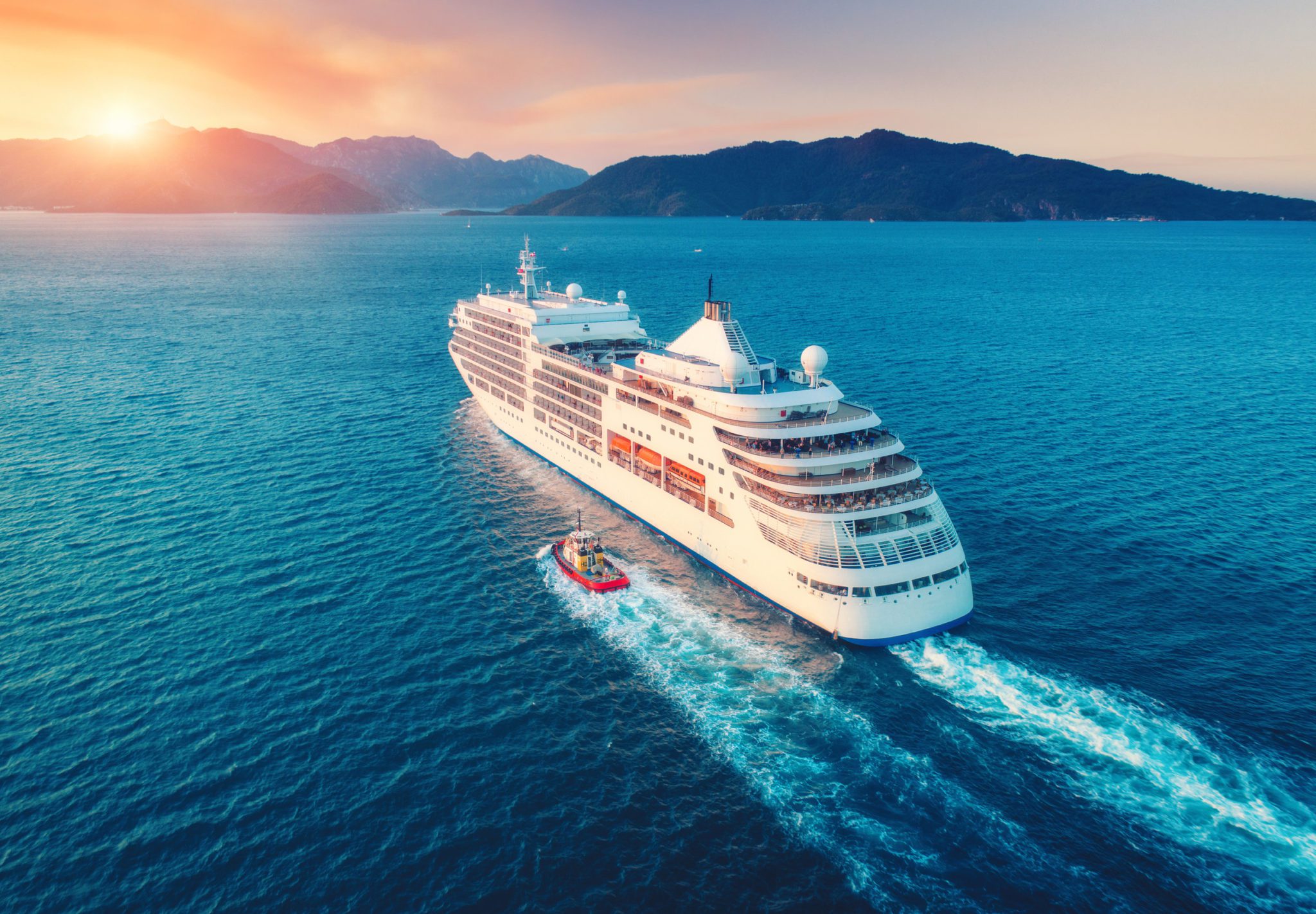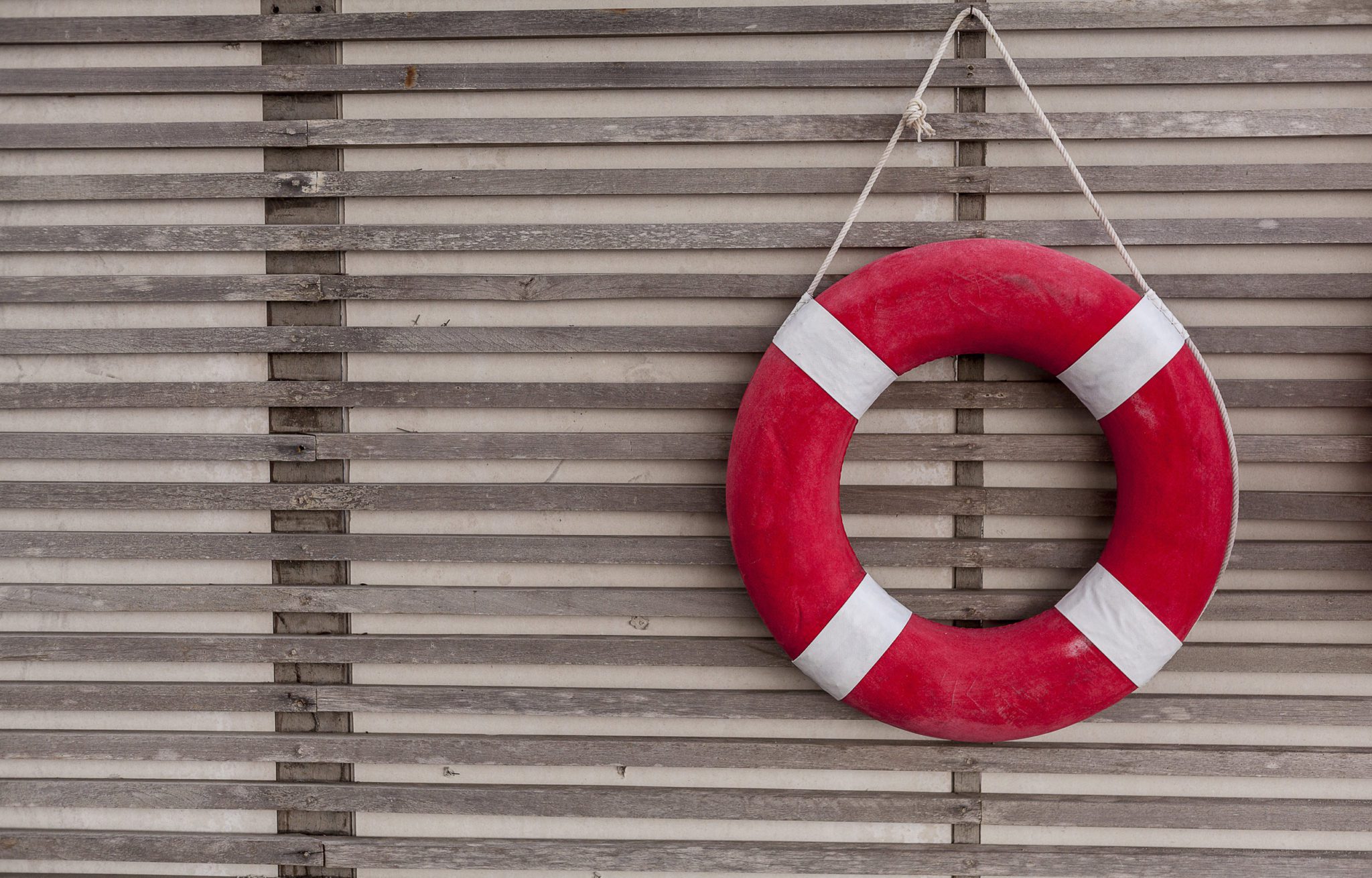If you think crime only happens on land, think again. Cruise ships are generally known for their upscale amenities and stunning vistas, but unfortunately, the cruise industry is also known for its prevalence in crime.
With a lack of law enforcement personnel on a ship’s staff, it can be difficult to monitor for criminal activity—particularly when criminals work in conjunction with other passengers or crew members. There have been numerous instances of violence aboard cruise ships, from theft and robbery to manslaughter and sexual assault.
While the FBI has jurisdiction over crimes committed at sea, they rarely get involved unless there is a risk of physical injury or death.
Common Cruise Crimes
The most common types of criminal behavior on cruises are public intoxication and disorderly conduct — hands down — and those offenses are rarely prosecuted. But serious violent offenses occur on cruise ships more often than you might think.
These are the most common crimes committed on cruise ships:
- Sexual assault
- Robbery
- Assault
Sexual assault is the most common crime committed on cruise ships, making up approximately 70% of all cruise ship crimes. In 2018, 72 sexual assault charges were reported. Theft of more than $10,000 is the second most common crime, making up a total of 22 charges reported in 2018. Physical assault numbers were even lower.
You may be thinking, how many thefts of less than $10,000 were reported? Well, we don’t know — cruise lines are not required to report thefts of less than $10,000.
How to Avoid Being Robbed
With the lack of law enforcement officials and lax crime reporting, criminals probably see cruise passengers as chum in the water. Here are some tips for avoiding becoming a victim of robbery onboard a cruise ship:
- Only carry what you need
- Put your wallet in your front pocket
- Don’t trust employees with your valuables (this means avoiding using the room’s safe)
- Don’t sleep outside your room
- Make sure your luggage arrives where it should
- Don’t leave things on the deck while you swim
Who Investigates Cruise Ship Crime?
The cruise line’s security personnel are usually the first responders to the scene of a crime. They should make sure victims receive necessary medical attention and do their best to detain the alleged offender until the proper law enforcement officials can get to the scene.

Cruise ship crimes are often investigated by the cruise ship’s country of registry. So, crimes committed aboard an American ship departing from a U.S. port and returning to a U.S. port will be investigated by the Federal Bureau of Investigation (FBI). Likewise, if a crime occurs in Europe, it will be investigated and prosecuted by the European police force. If the crime occurs in the Caribbean, it will be investigated and prosecuted by local law enforcement.
If you’ve been the victim of a crime on board a foreign or international ship, keep in mind that as a U.S. citizen, you have additional rights under the Constitution and federal law that extend beyond those allowed under foreign laws. These include:
- The right to seek assistance from U.S. law enforcement
- The right to receive assistance from other international law enforcement agencies involved in the investigation
- The right to seek assistance from U.S. courts for crimes committed abroad
What to Do When You’ve Been a Victim
If you’ve been the victim of a crime on a cruise ship, the first thing you should do is take every measure to ensure you are safe and healthy. This includes making sure you receive proper medical attention.
Once you’re sure you’re safe, report the incident to the authorities on board the ship. Next, you need to report the crime to the authorities in the port from which you departed. If the crime happened on land during one of the cruise’s scheduled stops, you should report the crime to law enforcement officials local to the area where the crime was committed.
The U.S. Department of Justice keeps an up-to-date list of international crime hotlines.
Do your best to capture any photo or video evidence of the surrounding scene, because they could come in handy later! You may also need to remind cruise authorities of your rights, such as the right to request documentation provided by the Cruise Vessel Security and Safety Act (CVSSA).

The CVSSA provides certain rights to those who have been victims of crimes during their stay onboard a cruise ship, including:
- The right to confidentiality
- The right to a sexual assault forensic exam
- The right to printed security materials
If you and the people you care about are planning a relaxing voyage on a cruise ship, you should certainly be aware of the risks involved. The Cruise Lines International Association and advocacy groups like International Cruise Victims are working hard and making strides to improve passengers’ safety onboard cruise ships. However, it is always highly important to stay vigilant and take every necessary precaution to keep from becoming a victim.
About the Author:
Andrew Winston is a partner at the personal injury law firm of Winston Law. For over 20 years, he has successfully represented countless people in all kinds of personal injury cases, with a particular focus on child injury, legal malpractice, and premises liability. He has been recognized for excellence in the representation of injured clients by admission to the Million Dollar Advocates Forum, and named one of America’s Top 100 High-Stakes Litigators. Mr. Winston is AV Preeminent Rated by the Martindale-Hubbell Law Directory, enjoys a 10.0 rating by AVVO as a Top Personal Injury Attorney, has been selected as a Florida “SuperLawyer” from 2011-2020 – an honor reserved for the top 5% of lawyers in the state – was voted to Florida Trend’s ”Legal Elite,” recognized by Expertise as one of the 20 Best Fort Lauderdale personal injury attorneys, named one of the Top 100 Lawyers in the Miami area for 2015-2017, and one of the Top 100 Lawyers in Florida for 2015-2017 and 2019.






